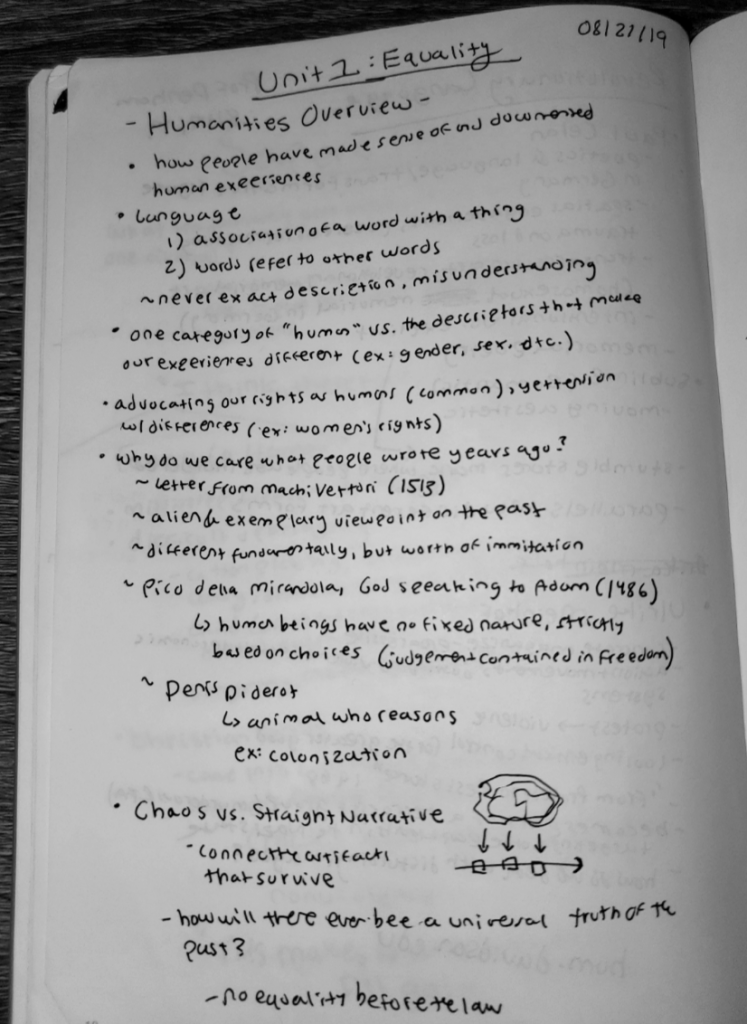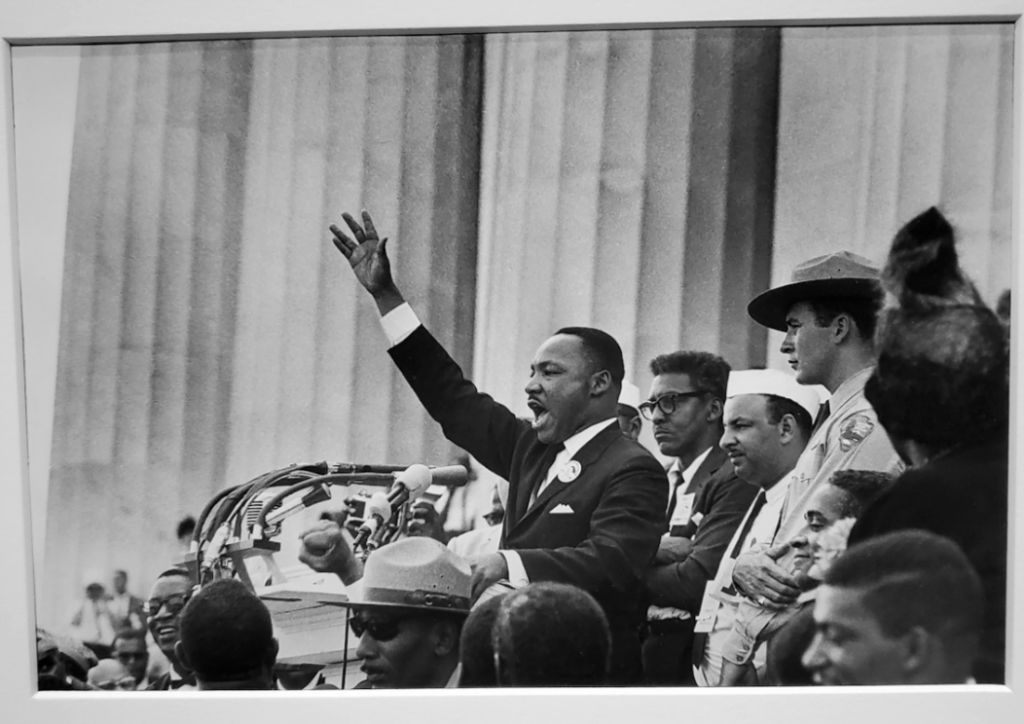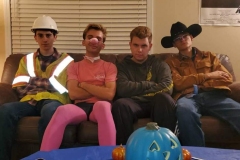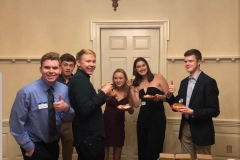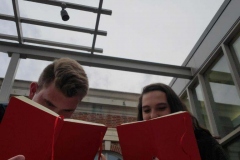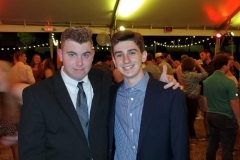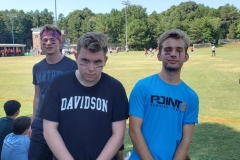
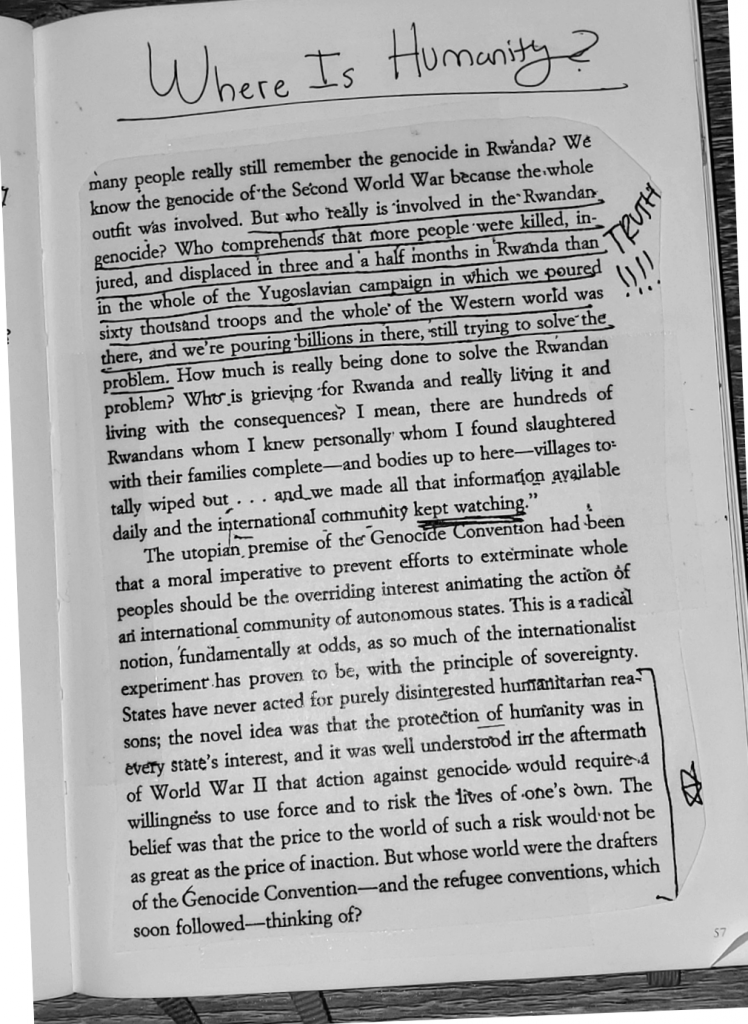
What does it mean to be human? Who is human? Where is the humanity?
The humanities, the study of how people process and document the human experience, seeks to answer these questions. People have utilized tools of literature, art, philosophy, religion, history, and language to make a record of our experiences and come to understand how the human race is interconnected. No matter one’s creed, race, religion, sexual-orientation, gender, nationality, or ethnicity there are links between everyone through the history we craft. These narratives not only get us closer to those that surround us today but also those of the past. We can learn from the journey others have taken and build new stories.
In addition, not everything we witness must be a spectacle to be real or to be seen fully. The humanities urges us to dig into the unknown and the uncomfortable. Insightful writer Philip Gourevitch expresses that interaction with these diverse perspectives is vital in becoming intimate and capturing the essence of human history, especially those that are typically neglected or abandoned. We must gaze each other face to face to understand the pain of others. We must mourn with others and symbolically chain ourselves to experiences we are not used to. That is when history changes its course and interlinks with other forms of being.
That is learning. That is hearing. That is living out the stories we write to and for each other. Professor Quillen finds that the timeline of our humanity makes up all we have learned throughout time. There are parts that are missing, but what we can study helps us develop our fundamental differences and similarities that craft culture, law, and language. All of these diverse perspectives contribute to paradigm shifts that shape the new viewpoints we come to discover in science, history, mathematics, and writing.
There is no straight narrative – the humanities is a web composed of many different parts. No one way is the correct way to study it, they all lead to the same place, just as water droplets on a cobweb combine into one huge formation. Through reason, free will, and passion we can make a conscious effort at getting to know who we are as people and how our world today came to be. We are unified, just as Dr. Wills made clear, through these facets we face together. Humanity takes on the humanities every day, even when not in the classroom.
We are not freeing ourselves of the impediments of memory, association, nostalgia, legend, and myth. We are redefining the past.
Just like dance, the humanities is a lasting conversation. The humanities makes meaning of who we are and how we are. It generates ideas and makes us participate in discourse. It shapes our experience in the world for the performer and the audience. And we process these experiences and sources of information in different ways just like art. The humanities help us form a legacy, and it is up to us to study and decide where the rest of humanity’s story takes course. In the end, the humanities is blurring the photo, making everything interconnected. That way we can ask “where is humanity” and find an answer. We can coexist and reconcile with our enemies. We can craft constructive tales taking us towards a brighter future and better tomorrow.


The Humanities is a course that engages critical key texts and artifacts from the Western tradition, immersing students in diverse ideas, cultures, and people. With Davidson College being a liberal arts institution, professors, faculty (librarians, archivists, etc.), and administrators all aim to balance the disciplines in order for us to gather a holistic approach in the work we do and what we will carry on with us after graduation. The Humanities challenges us to ask questions (no matter how intricate or obscure they appear), collaborate with others, take risks, and dare to know. We are encouraged to make mistakes and learn, disagree and agree with others, and employ new ideas into the discussions. Personal and scholarly growth are key components into coming to fully understand what it means to be human, especially in today’s society looking back upon the past and into the future.
However, the main component of Humanities is the family. All the people in this class are different, yet the same. We are human: from the dust we were made and to the dust we shall return. We are unique, holding a wide range of life experiences from race, religion, creed, sexual-orientation, gender, and ethics. Yet, there is a web connecting us all, because we are here, together, searching for the Truth, the knowledge, the emotion, empathy, and compassion that makes us brothers and sisters. This class calls us to not only cultivate this world we are growing up in, but to also focus on our small garden made up of our brains and hearts. This is not only the Davidson difference, but what makes the Humanities so special.
“We might think we are nurturing our garden, but of course it’s our garden that is really nurturing us.”
Jenny Uglow
Be sure to check out Prof. David Robb’s definition primer entitled “On Definitions” for more specific detail as to how I was able to craft my own.









